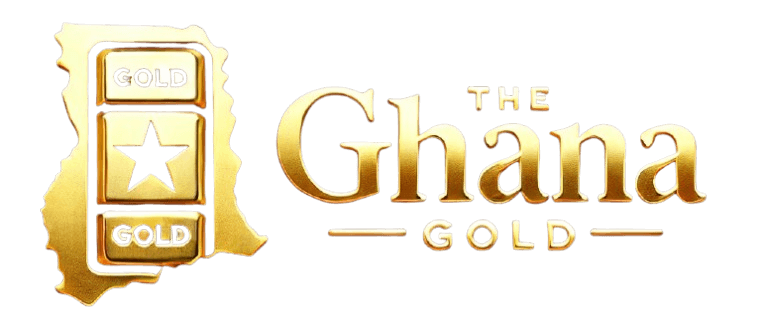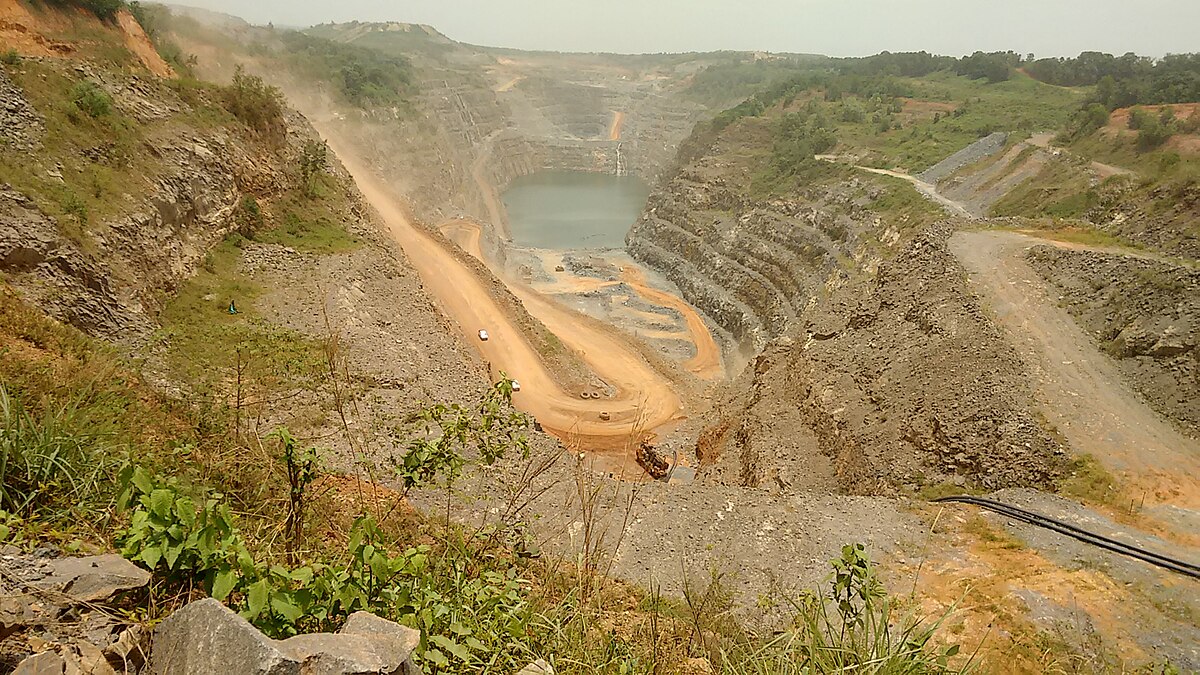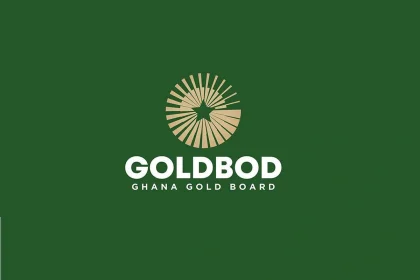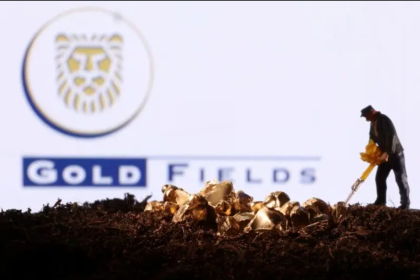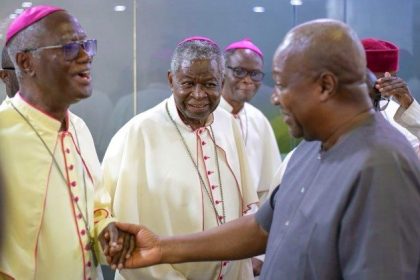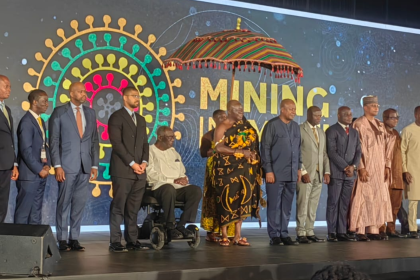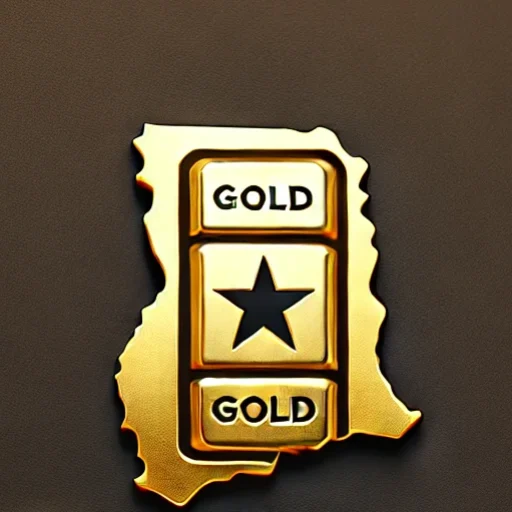Johannesburg-based Gold Fields said on Monday that it had unsuccessfully applied to extend the Damang lease, which is due to expire on April 18, 2025 and was winding down operations as a result. It was only processing stockpiles at Damang after ceasing mining operations in 2023, although it had committed to exit the operation in an orderly way as part of its end-of-life plan.
The government said its decision to take control was based on a series of regulatory and operational shortcomings, including Gold Fields’ failure to declare verifiable mineral reserves in its lease renewal application, and the absence of a required technical program detailing past and future mining activities.
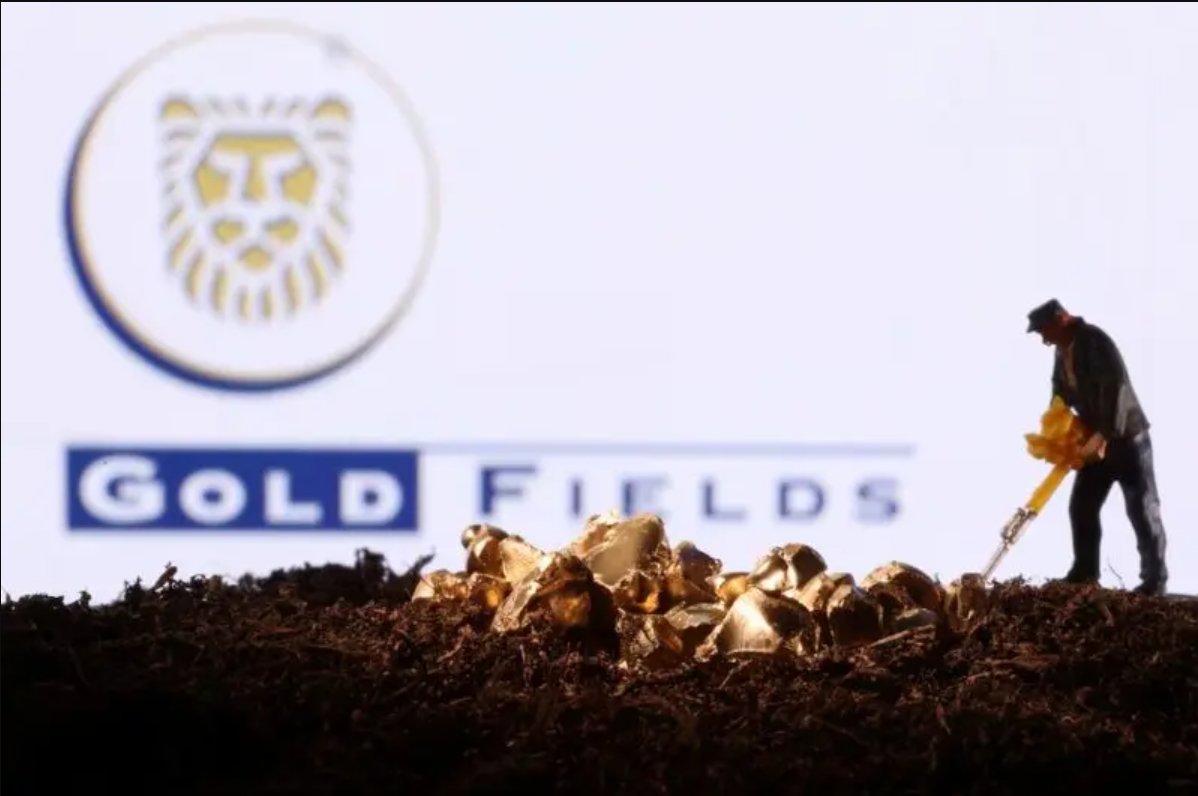
A source familiar with the matter said Gold Fields planned to meet authorities to try and reach a different solution. “There is a meeting planned for Friday but the way this is being escalated, there is less hope,” the source said.
Ghana’s Minerals Commission, which denied the company’s application, has instructed Gold Fields to vacate the lease area by April 18, according to the statement. The company stopped mining at Damang in 2023 and is currently processing stockpiles while undertaking studies on prolonging the mine’s life and considering whether to sell the asset.
[The government is] applying the laws and we are making sure that whatever we do is in the interest of the nation
Isaac Andrews Tandoh (Deputy CEO, Minerals Commission)
Gold Fields operates assets in Australia, Chile, Ghana, Peru and South Africa. It’s also trying to secure permission from Ghana’s government to merge the Tarkwa mine – the company’s biggest producer – with AngloGold Ashanti Ltd’s Iduapriem. That’s now a decision for the administration of President John Mahama, who won elections in December.
“The Damang mine’s return to state oversight marks a critical step in Ghana’s economic reset, ensuring its gold reserves directly benefit citizens,” the government said in a statement issued by the Ministry of Lands and Natural Resources, which oversees mines.
It said the decision aligned with policy moves to stop the “neo-colonial” automatic renewal of mining licenses in gold-producing Ghana, but reassessing in order to maximize national benefit. “We are on the lookout for value propositions on the utilization of our mineral resources that align with the same,” the statement said, adding that it would ensure uninterrupted operations and protect jobs throughout the transition.
Damang is the smaller of Gold Fields’ two mines in Ghana after Tarkwa, the biggest open pit gold mine in the country. Damang produced 135,000 ounces of gold in 2024, about 6% of the group’s total output of 2.15 million ounces.
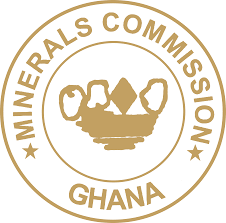
The company has been weighing selling its smaller operations – including Damang and the Cerro Corona mine in Peru, which has less than five years left on its lifespan – as it focuses on its newly commissioned Salares Norte mine in Chile and the Windfall project in Canada.The Minerals Commission Deputy CEO has assessed Gold Fields’ exit from the Damang mine, accusing the South African mining giant of reaping massive profits from Ghana and reinvesting them abroad.
Isaac Andrews Tandoh defended government’s decision to assume operational control of the mine after it rejected Gold Fields’ application to renew its mining lease. The decision, announced by the Lands Ministry on Wednesday, has stirred debate in both the business and mining sectors.
Andrews Tandoh didn’t hold back. “Last year, Tarkwa and Damang mines made over $600 million in profit. How much of that stayed in the country? Your guess is as good as mine,” he said. He described Gold Fields’ behaviour as exploitative, stressing that instead of reinvesting in Ghana, the company chose to acquire assets in other countries.
“Instead of using the profit to develop the Damang mine, they were rather busy buying mines elsewhere, like Osisko in Canada. They bought another mine in Chile,” he said. “They can’t tell me it’s not profit from Ghana. It’s difficult to move money out of Australia. But from Ghana, they had free will to move money around. And I’m saying, we can’t continue on that path.

The Minerals Commission boss also dismissed the idea that capital constraints justify the dominance of foreign companies in Ghana’s mining sector. He said local capacity has grown substantially.
“Unlike those days when people couldn’t access funding, it’s a thing of the past,” he insisted. “BCM had very good Caterpillar financing. Engineers & Planners signed a $250 million deal with Caterpillar. Rockshore is purchasing equipment worth hundreds of millions to work in Ghana.”
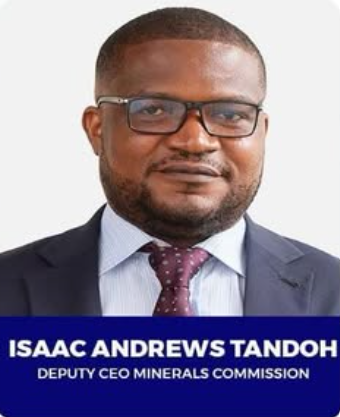
Andrews Tandoh stressed that the government is not on a mission to drive away all foreign mining firms. “We are not saying we’re going to chase all mining companies away. No. We are going to support them to do their work,” he said. But he added that preferential treatment must come with accountability.
“After giving the 30-year lease to Gold Fields, government even bettered the situation for them with a development agreement. That agreement waived several tax liabilities, especially on fuel,” he said. “While Ghanaians were crying over fuel prices, these mines were enjoying tariff waivers.”
He accused the company of focusing on stockpile treatment in the last two years rather than actual mining. “They’ve been taking free cash from Ghana without actually working. And this cannot continue. Ghanaians deserve better,” he declared.
The Damang lease controversy is the latest flashpoint in the conversation around resource nationalism, local participation, and fair benefit-sharing in Ghana’s extractive sector.


